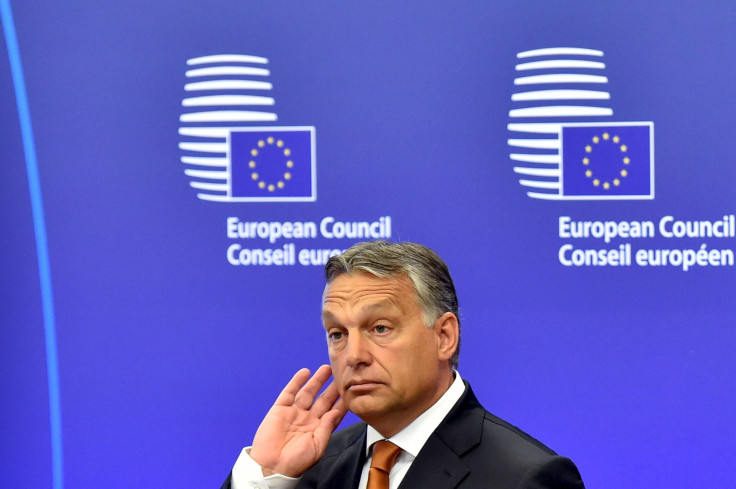‘Please don’t come’: Hungary PM says Muslim migrants are not welcome

Hungary is not going to welcome Muslim migrants into the country, Prime Minister Viktor Orban has said on Thursday. The Hungarian PM defended his strict policies on border control while he spoke at meetings with European Union leaders in Brussels.
"If we would create ... an impression that 'just come because we are ready to accept everybody,' that would be a moral failure. The moral, human thing is to make clear: Please don't come," Al Jazeera quoted Orban as he spoke to reporters.
Photographs of a drowned Syrian child which have been plastered across the media and social networks this week have drawn the world’s attention to the ongoing migrant crisis. However, Orban said opening Europe’s borders to migrants is not just a moral argument.
At a news conference, Orban referred to the Ottoman rule and said Hungarians were not going to accept large-scale Muslim immigration, echoing similar claims made by Slovakia.
"We don't want to, and I think we have a right to decide that we do not want a large number of Muslim people in our country," Orban said. "We do not like the consequences of having a large number of Muslim communities that we see in other countries and I do not see any reason for anyone else to force us to create ways of living together in Hungary that we do not want to see.”
Orban criticised Germany’s stance on the migrant issue, saying “Europe’s Christian roots” were being threatened. German Chancellor Angela Merkel dismissed Orban’s take, saying Germany was doing was “morally and legally required,” NY Times reported.
The Sydney Morning Herald reported German economist Fabian Zuleeg was frustrated about Europe’s approach to the migrant crisis. The economist wondered what the European Union was actually for if it could not deal with such challenges.
Zuleeg said EU states must learn to work together in the long run to solve the problem, adding that only “some stopgap solutions” are being discussed at the moment.
Contact the writer at feedback@ibtimes.com.au, or let us know what you think below.





















